Jumping into Wo Long: Fallen Dynasty takes work. The game does not hold back any punches, and even the first boss encounter taught me that I had to play the way this game wanted me to or not at all. When something similar occurred in Sekiro: Shadows Die Twice, there was an internal “click” with the gameplay, and FromSoftware had me from start to finish. Ninja Theory’s fast-paced and gorgeous combat gave me a similar “click”, but the rush quickly fades away. The excitement of combat fell away the deeper into the story I went.
Journey into the Three Kingdoms
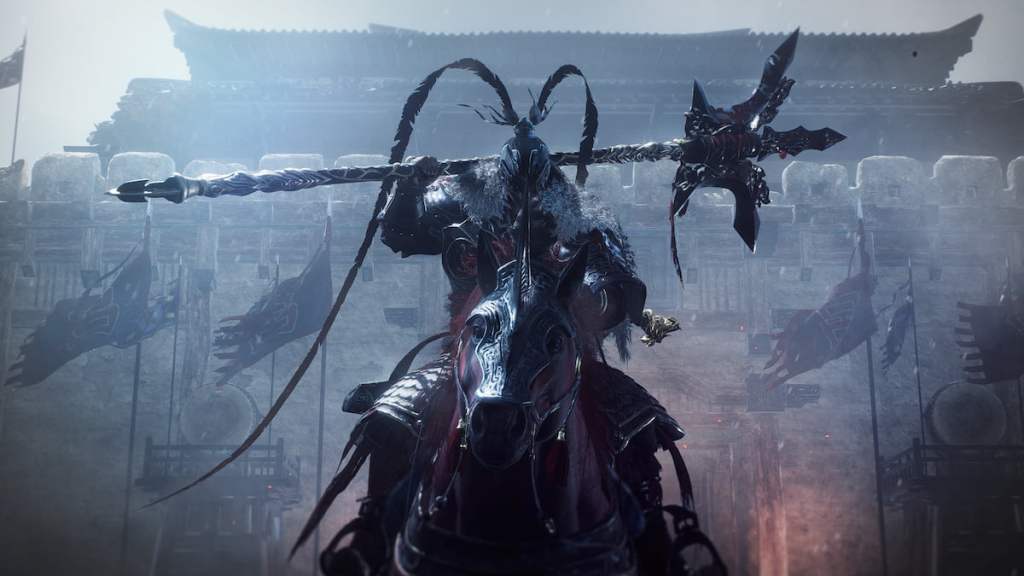
Wo Long: Fallen Dynasty takes place during the Yellow Turban Rebellion in China. Enemy forces are using dark, demonic Qi to empower their armies, sweeping the land with a devastating force. Meanwhile, the main protagonist can harness Qi power, giving them access to a range of unique abilities, unlocked as they meet notable heroes from this time, such as Guan Yu, Cao Cao, Zhao Yun, Sun Jian, and many more historical figures.
Although it does depict actual events that took place, similar to the Nioh series, everything is significantly enriched with supernatural elements. A demonic Qi is spreading through the land, corrupting those who use it, emboldening our heroes to act and fight against it. The story’s progression is relatively linear, but you can return to previous areas if you want to find any hidden secret you might have missed. However, there’s little reason to do so, and it felt disheartening to see that moving forward was the best, and really only path. In a world where Elden Ring has happened, exploration is sometimes a real driving point for games like this, a linear story felt like a wasted opportunity to explore what was happening in this fantasized Three Kingdoms story.
The overall plot for Wo Long is solid, but it’s mostly happening in the background of the main gameplay. The companions featured in the story also accompany you as you play, but they’re more of a hindrance than actually helpful, given how intricate and careful the timing has to be when fighting against enemies. When you jump into many of the current modern games that embody this type of combat, there’s a lot of exploration and discovery that occurs as you progress through the game. It’s nearly as difficult as the combat and typically as satisfying as you root through the hidden lore. Not much exploration happens in Wo Long, and it felt dry watching the story take place, especially when certain chapter sequences bounce you forward.
Related: Wo Long: Fallen Dynasty recommended specs and minimum PC requirements
Break-neck speed combat has never felt this satisfying
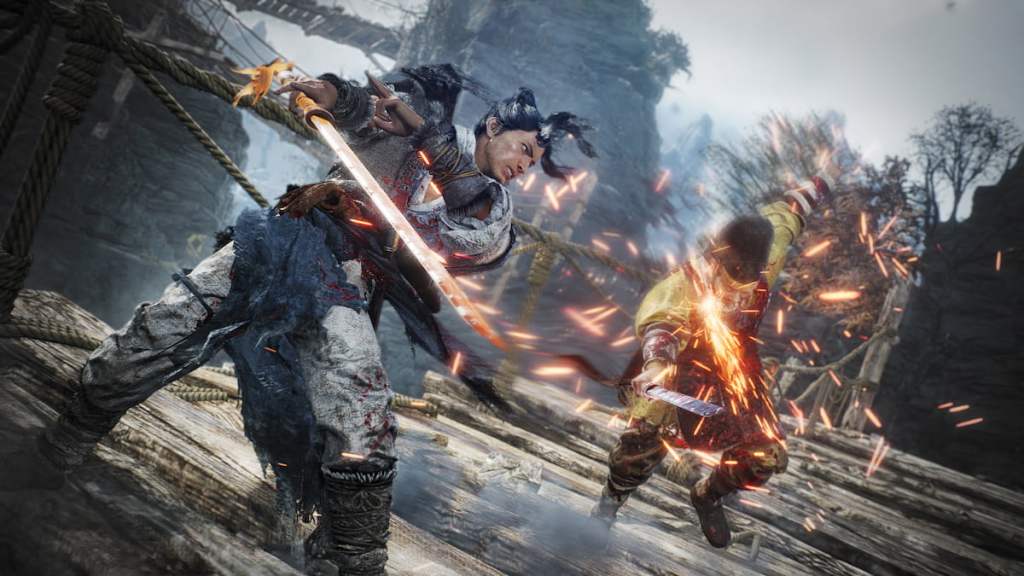
Like other Souls-like games, Wo Long features devastating combat, from incredible boss fights to difficult minions patrolling the areas outside these arenas. Though Wo Long forces you to lean into its parry and deflection-based system, blocking attacks is still there, but it is greatly discouraged. There are far more benefits from landing a perfect parry against an opponent, and the end result is deeply satisfying.
Parrying works on enemy attacks and Critical Blows. A Critical Blow has a distinct red glow as they charge up for a devastating attack. Parrying it perfectly greatly reduces the character’s Spirit Bar, essentially their Stamina, giving you an opening to hit them with a Fatal Strike. This can be done on standard enemies and bosses, and it’s beautiful to watch. There’s immense satisfaction in landing a perfect parry and then striking into a foe with a Fatal Strike, watching their health chunk.
It becomes an art form the further you go into the game, which pays off the early struggles you might have in Wo Long. I had a lot of trouble with the first boss because it took me nearly an hour for that aspect of combat to “click” for me. When it did, every boss took a handful of attempts, never topping the first boss in terms of difficulty.
The struggles of the first boss and then clearing it felt fantastic, as did advancing further into Wo Long. Unlocking new areas steadily began to lose its charm as the level routine and cycle began to feel more like a grind, which has to do with Wo Long’s Morale and Fortitude rankings. This might have worked better in an open-world environment, but the linear structure that Wo Long brought to the table made it feel frustrating when entering a new area.
The wear and tear of war
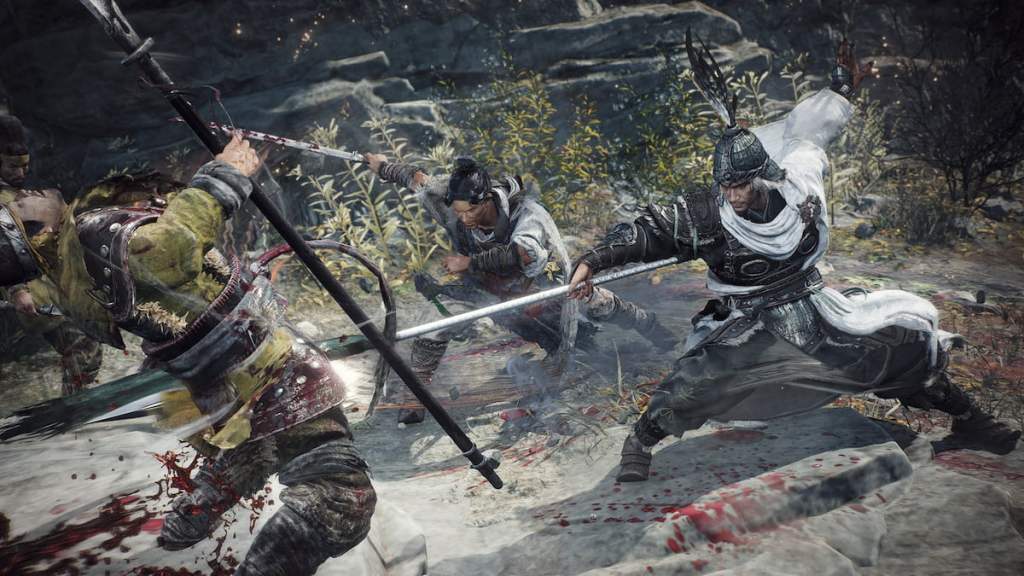
Every location you visit gives you a distinct Moral rank, which is different from your character’s level which is always going up. The Morale rank is essentially locked to that area, so if you bounce between parts of the story, you’ll have different ranks. The Moral rank serves as your level for your area. Even if you’ve battled and fought against similar NPCs in one area, the next one might have them at a higher Morale rank than your character, forcing you to take a different route on the map.
As you traverse through an area, there are multiple Battle and Marking flags for you to find, and this is where the Fortitude rank comes in. When you reach these checkpoints and place your flags on them, your character gains a Fortitude rank, which means their Morale rank can never go lower than this one. Should your character fall to an enemy, they’ll return to that Battle or Marking flag with that now standardized Morale rank.
In theory, the Morale rank was fine. However, the more I played with it and progressed, the more it felt like a chore to go through a level. It certainly determined what paths I should take. While better players may not have the same experience as I did of feeling forced to avoid enemies and wait to face them with a higher Morale rank, feeling pushed to go elsewhere and come back later was greatly disheartening. It became more of a frustration each time, and when you reach the end of the level the influence of the Morale rank goes away, but you have to deal with it annoyingly often to get to this point.
This goes hand-in-hand with linear storytelling. I never felt the urge to return to previous areas because it never felt like I was missing out on something by not returning to a location. Sure, I missed out on an item or two, but it never felt like too great of a loss. Certainly not like I’d feel if I explored The Lands Between playing Elden Ring, where the world was so intricately crafted with detail put into every corner and enemy encounter. Missing out on something there felt like a genuinely lost experience.
Related: Players can try out the first two chapters of Wo Long: Fallen Dynasty in the final demo right now
The verdict
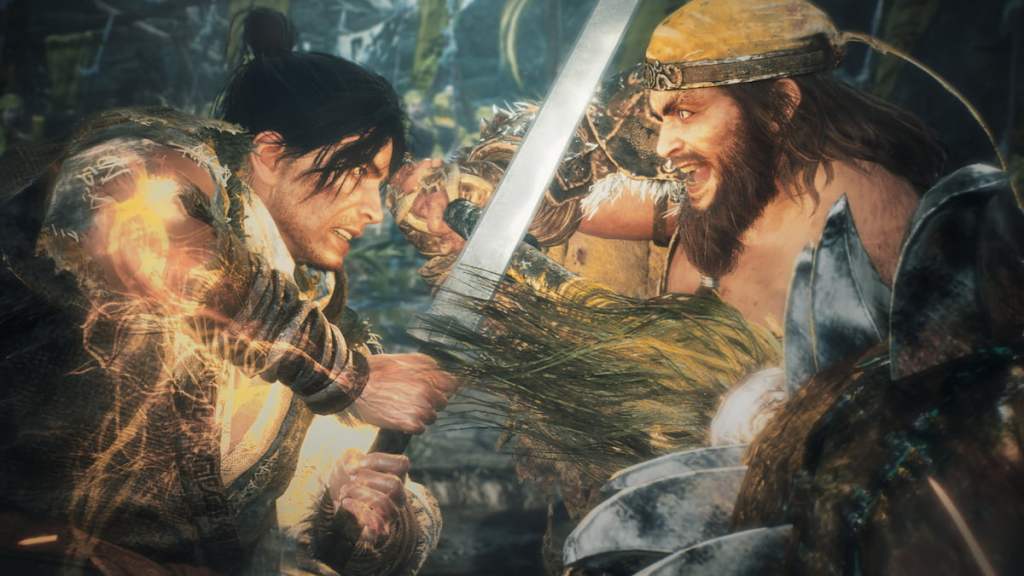
Ninja Theory’s combat gameplay is astounding in Wo Long: Fallen Dynasty. The fast-paced nature of it might feel frustrating at first, but with a bit of practice, it becomes an intricate dance that’s as satisfying to play as it is to watch on screen. Every boss battle and unique encounter mechanics were enjoyable, and I never felt frustrated battling against the same enemies.
That said, the overall gameplay loop and the general story leaves much to be desired. The Morale system feels more like a hindrance than an exciting mechanic to weave into this intense combat. It’s easy to be engrossed by the stylish combat style of Wo Long: Fallen Dynasty, but everything else surrounding it doesn’t feel as polished.
Final Score:
7 / 10
| + | Gorgeous combat that is equally difficult and rewarding |
| + | Wide array of weapons provide a range of combat |
| + | Boss fight variety is refreshing and enjoyable to engage |
| – | Lukewarm story that feels more like background noise |
| – | Linear gameplay feels too constraining |
| – | Morale ranks feels like an unnecessary grind during combat |
Gamepur team received a PC code for the purpose of this review.

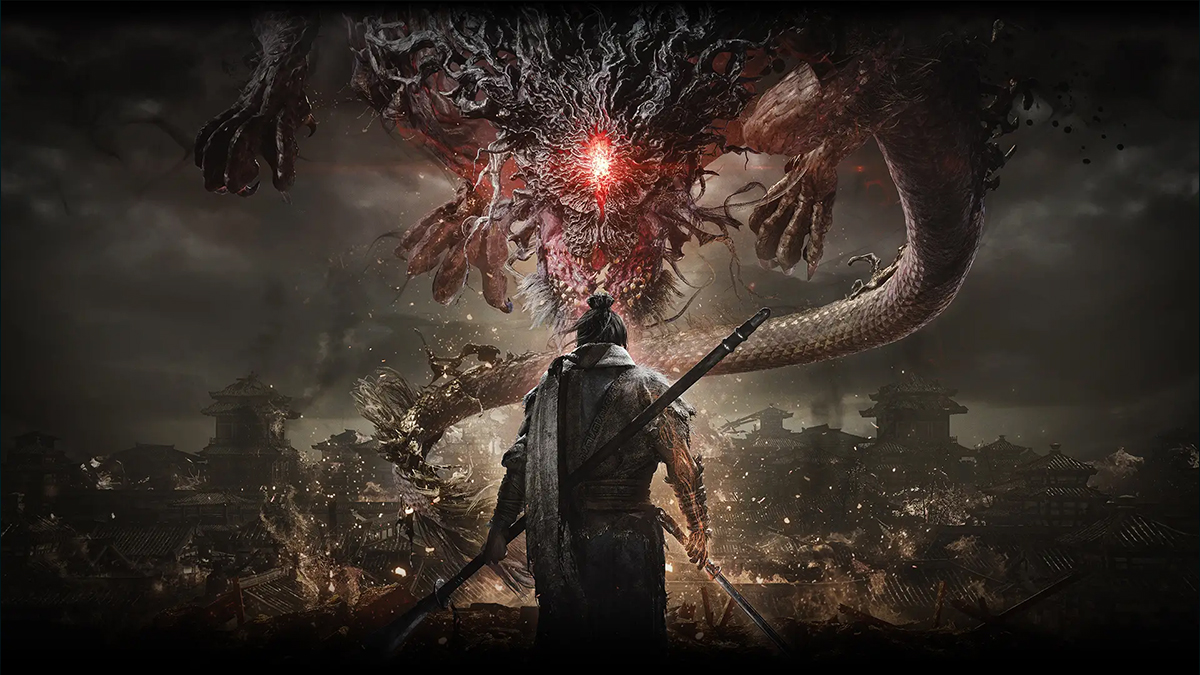

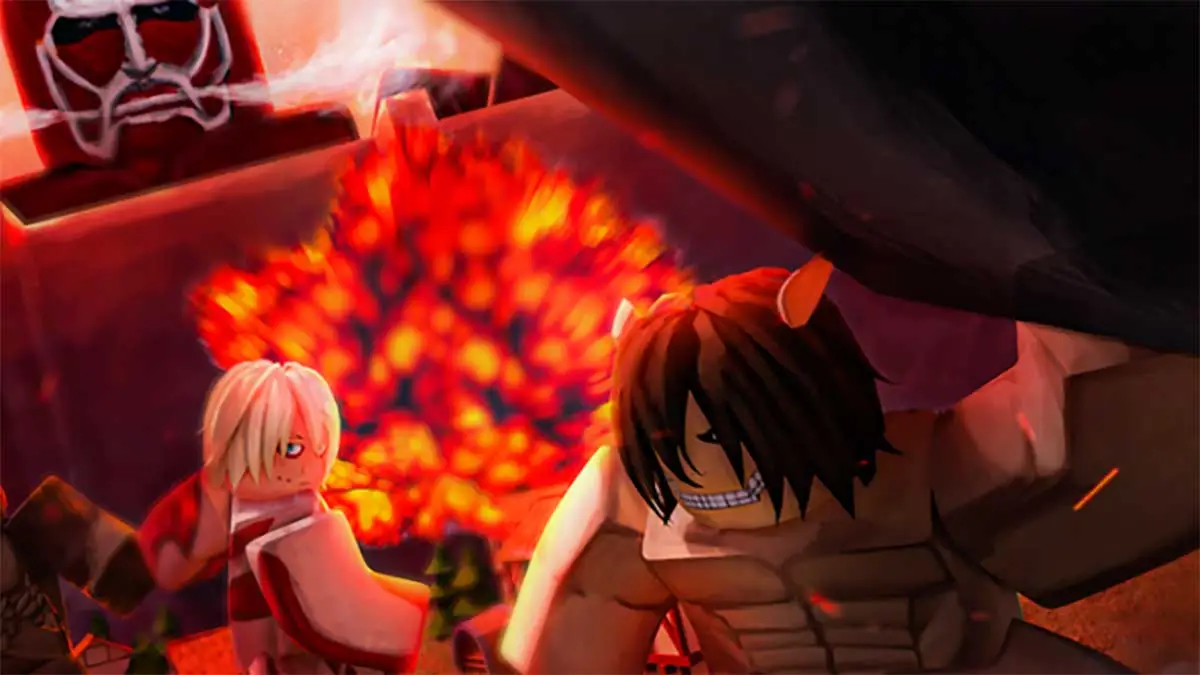
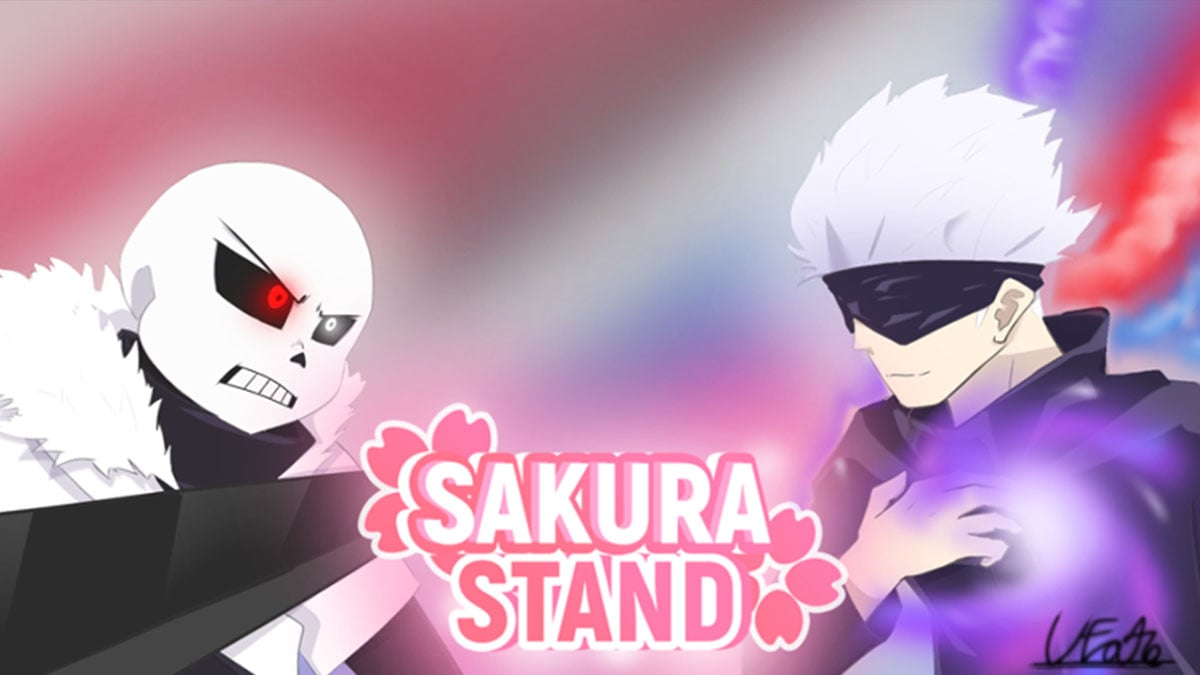
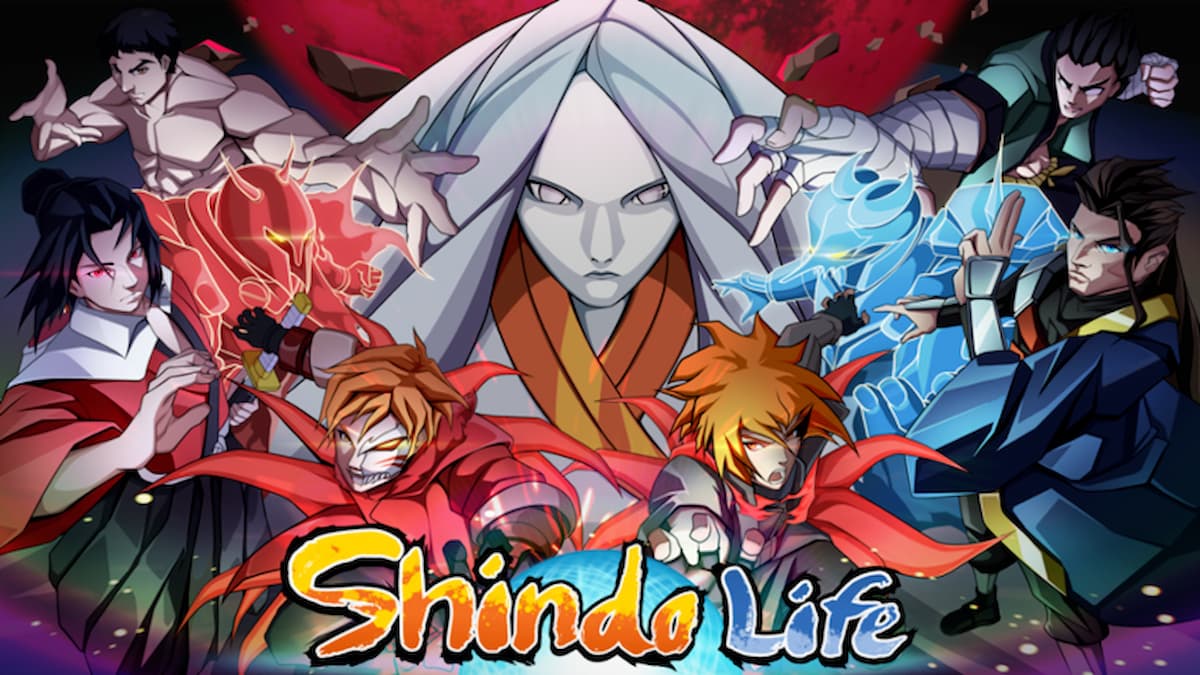
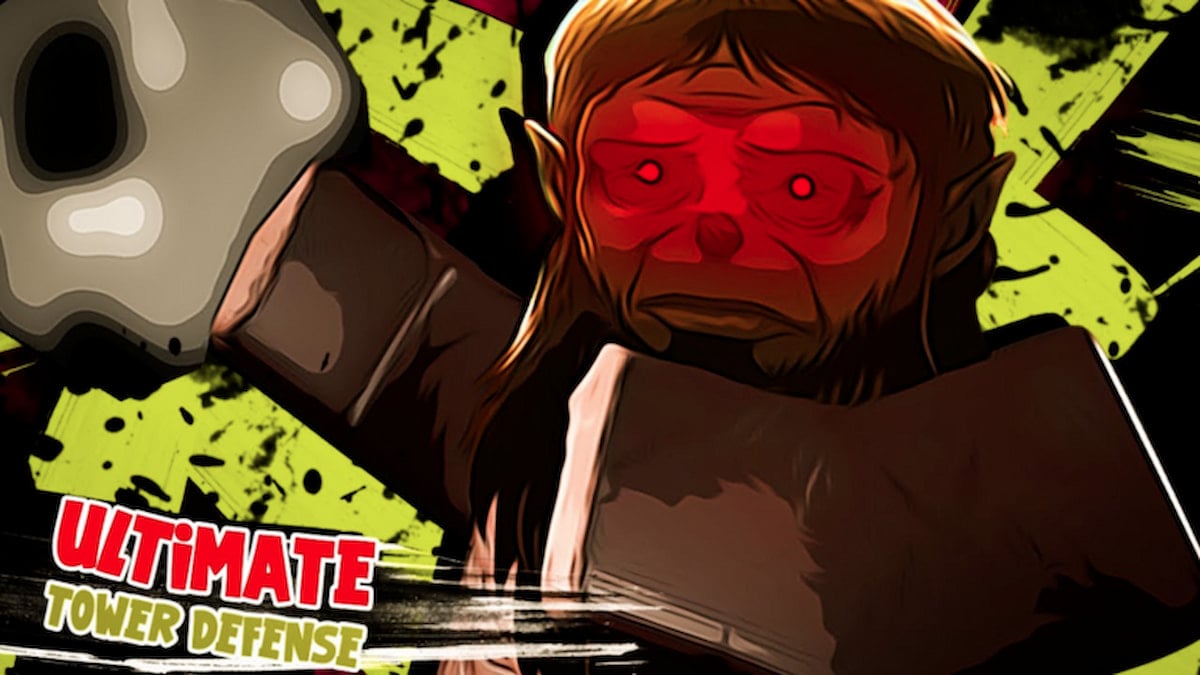
Published: Mar 2, 2023 05:00 am